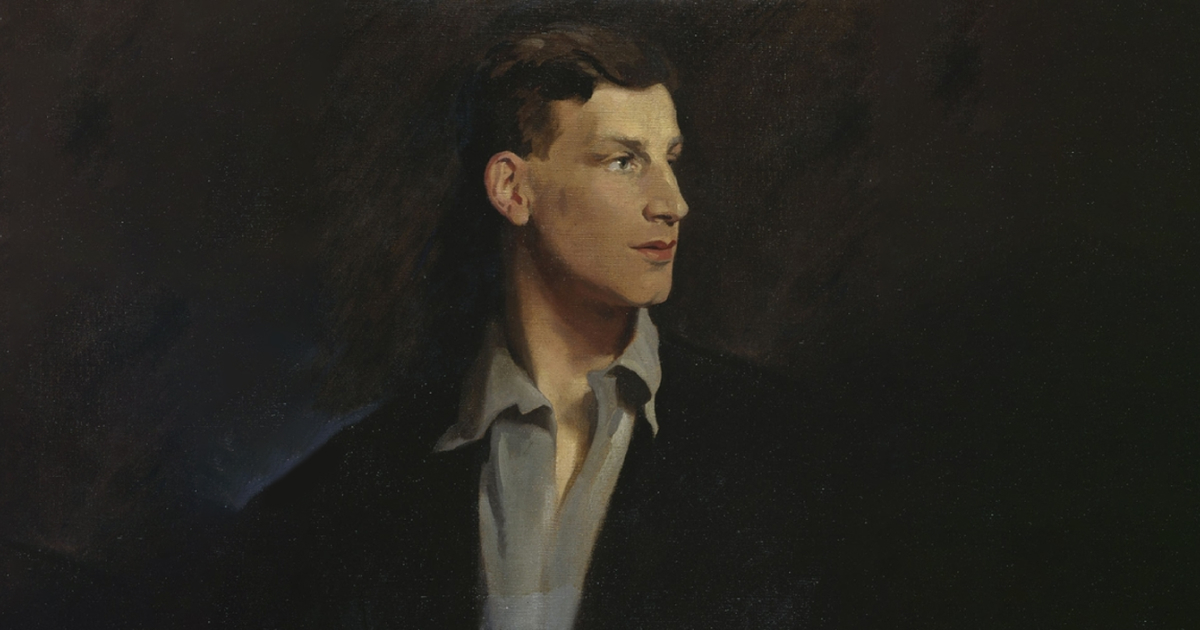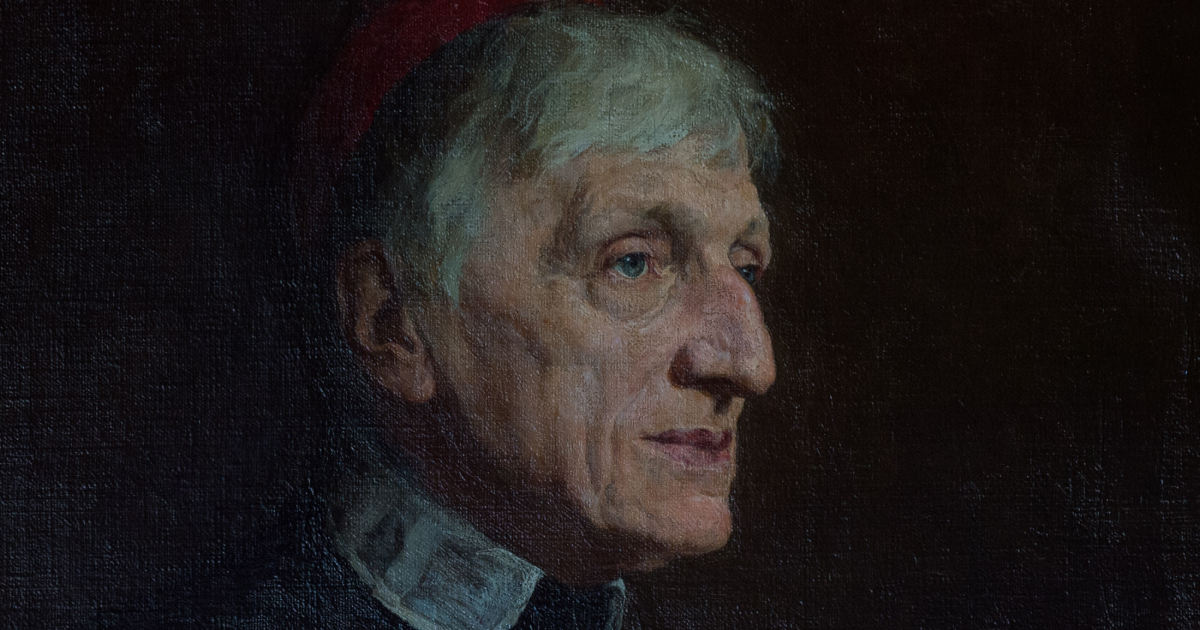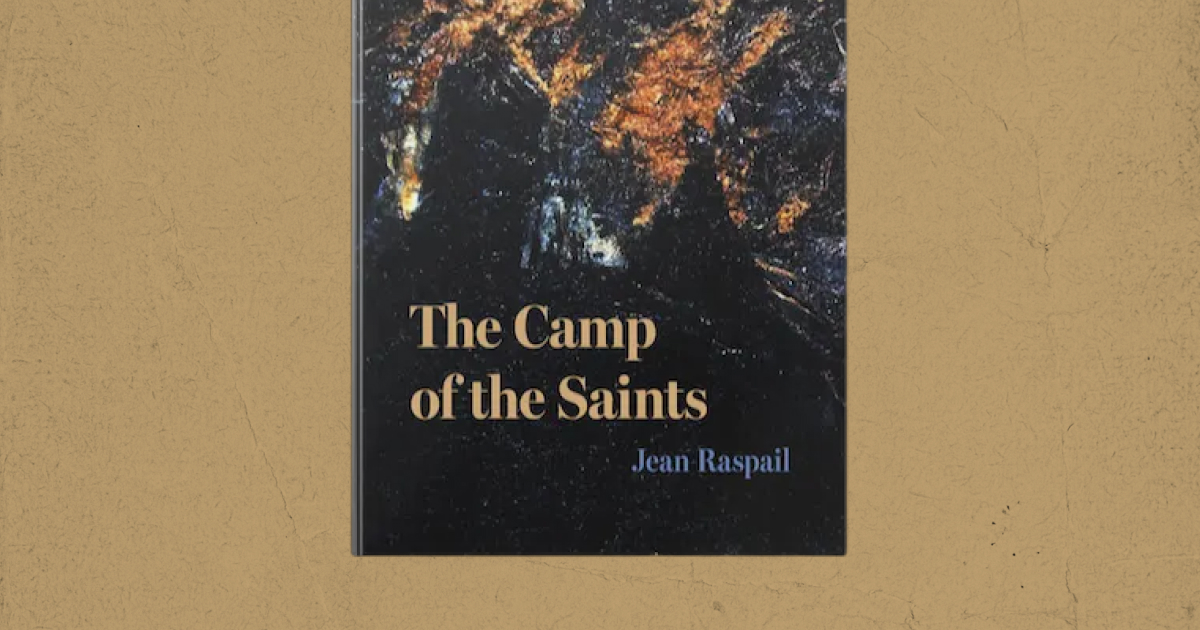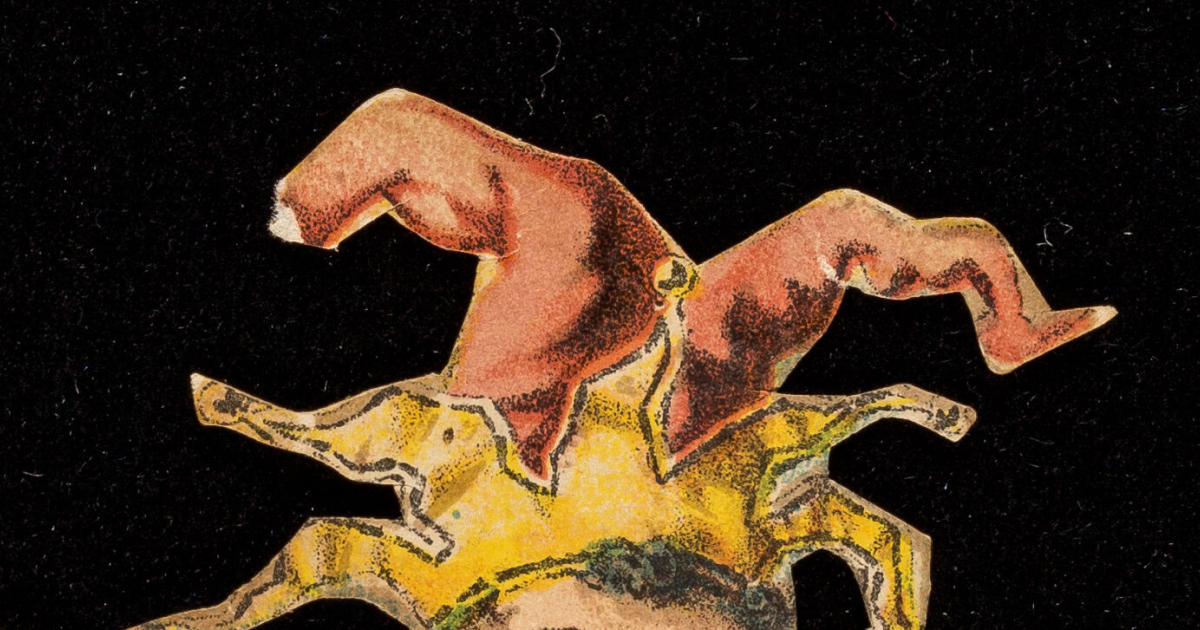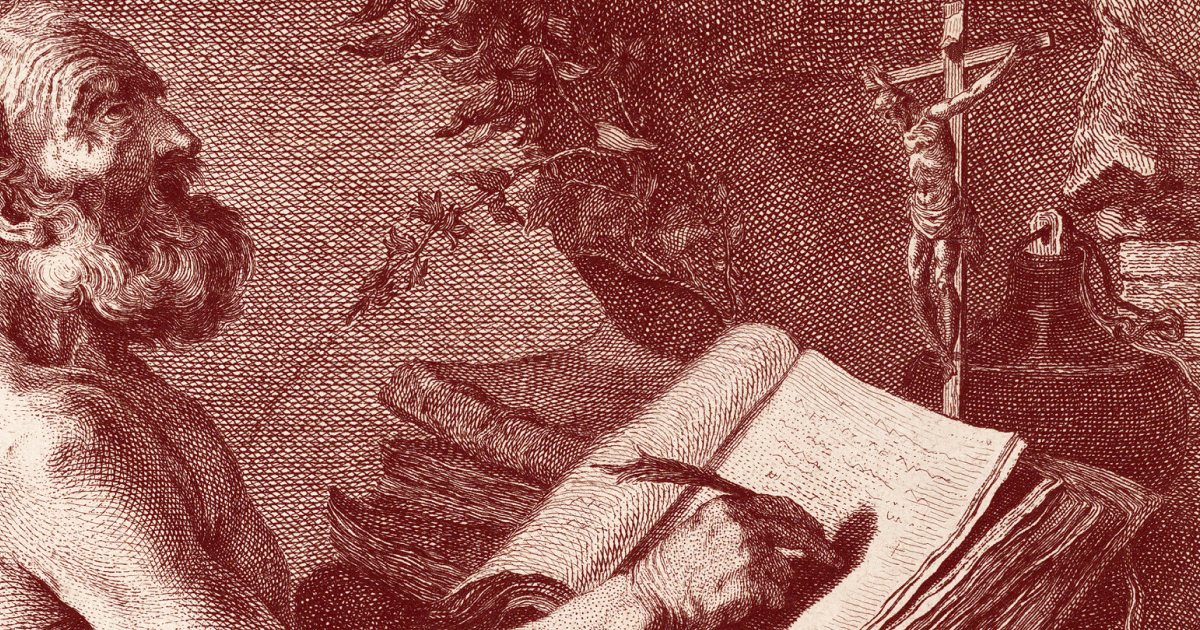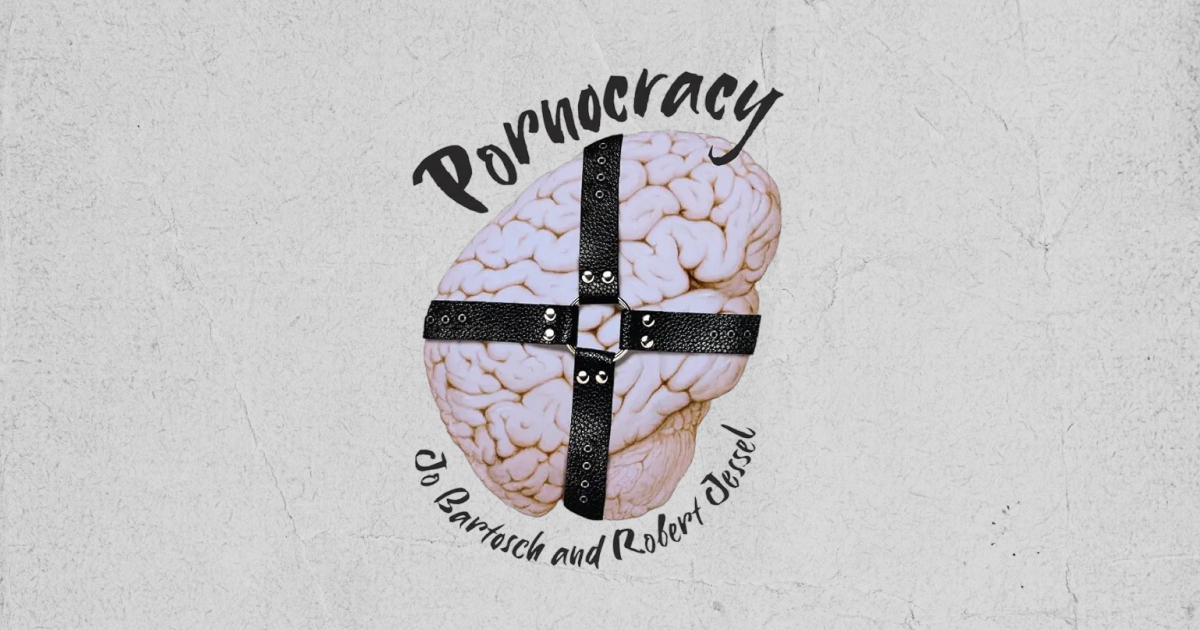Benjamin Britten wasn’t notably devout, a token Anglican at best. But he respected the Church. He was drawn to its ways. And there’s a whole tranche of his output that engages in a sincere manner with religion – which is why this year’s Aldeburgh Festival had a special exhibition called Spiritual Britten running at the Red House where he lived.
It focused on his standard works where music and belief connect – from War Requiem to the Church Parables and a setting of the medieval mystery play Noye’s Fludde. But it also looked beyond, to lesser-known scores like AMDG: his choral settings of poetry by Gerard Manley Hopkins composed in America in 1939 and taking their title from the Jesuit motto Ad Majorem Dei Gloriam.
A strange piece, in that the Catholic fervour of Hopkins’ verse was an unlikely stimulus for Britten at the time, it doesn’t rank among the best of his choral works, which may explain why it was never published in his lifetime. It got shelved. But it has impact and imagination, and the ardent if sometimes distraught faith that electrifies Hopkins’ verse certainly registers.
Though Britten came to all this as an Anglican outsider, there’s a sense of wanting to be in on it that reaches beyond curiosity. A sense you picked up in the muscularity of a determined Aldeburgh Festival performance given at Snape Maltings by the BBC Singers.
Famous for their virtuosity, the Singers never quite sound right with church-related music – they’re a studio ensemble with a sound too secular to be transcendent – and I didn’t like the Palestrina they included in this programme. But the force and urgency they brought to AMDG was impressive. And significantly taking charge was Owain Park, the choir director just announced as the BBC Singers’ chief conductor designate. A major talent, going places – if he isn’t there already – in the singing world.
Also at Aldeburgh this year was music by the composer Colin Matthews who, after a distinguished career in symphonic and chamber music, had finally got round to writing an opera – A Visit to Friends – that premiered during the opening weekend. Based, loosely, on Chekhov, it made clever theatre about life and art getting mixed up in the course of rehearsing a stage-show: like I Pagliacci without the blood.
But frankly, it could have done with some blood, because the whole thing lacked dramatic purpose, freewheeling through an attractively lyrical score but pulling punches and breathing little life into the characters.
Happily there were other new works by Matthews in the Festival, including a string quartet – his 6th, premiered in Orford Church by the Gildas Quartet – that had all the qualities the opera lacked. Incisive, bold and pivoting around a mesmerising central movement, it told you where his strengths lay. Not onstage but on the concert platform.
That said, the very best thing I heard at Aldeburgh this year was a song recital running, as things used to in the old days of the Festival, at the seafront Jubilee Hall. Given by the lightly inflected tenor Nick Pritchard with pianist Ian Tindale, it featured Britten’s Winter Words: a song cycle based on the bleak wisdom of Thomas Hardy poems about human frailty in a world of darkness and indifference.
Britten wrote nothing finer than these songs. And Pritchard told their stories with a nuanced elegance – so perfectly delivering the tail-stings they contain, it felt like needles stabbed into the heart with surgical precision. When it finished, I joined half the audience trudging pensively along the beach, thinking of life and loss and the redemptive consolation of great art.
I caught two other seriously good song recitals at this summer’s Thaxted Festival, both taking place in the magnificent medieval church that seems to float above the town as you approach it. One was given by the British tenor-of-the-moment Nicky Spence with pianist Dylan Perez, and amounted to a thoughtful, well-sung programme based around the theme of parenthood and children.
Sometimes just as dark as Britten’s Hardy settings, it incorporated unexpected authors like Victoria Wood whose grim song Litter Bin (about abandoning a baby) has no precedent I know of in the TV comedy that made her name. But there was also warmth and joy, delivered with the larger-than-life vigour that is Spence’s special gift. And that the concert segued into something totally dissimilar, a soft seductive performance of English Renaissance songs by countertenor Alexander Chance with lutenist Toby Carr, was the kind of disorienting experience you want in a good festival.
This was music to be purred and whispered, as both Chance and Carr did wonderfully. And that it happened at the crossing of a church, under a massive hanging candelabra with the candles actually lit and flickering as darkness fell, was magical. Time travelled back into itself. And for an hour or so, the raw realities of modern life surrendered to the fantasy of a more easeful, peaceful past. Except, of course, it wasn’t.
Photo: Benjamin Britten (public domain/Wikipedia).





.jpg)


